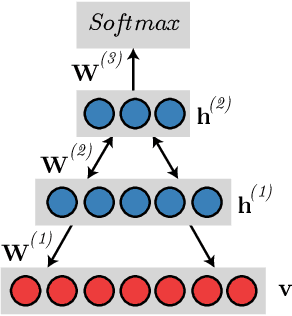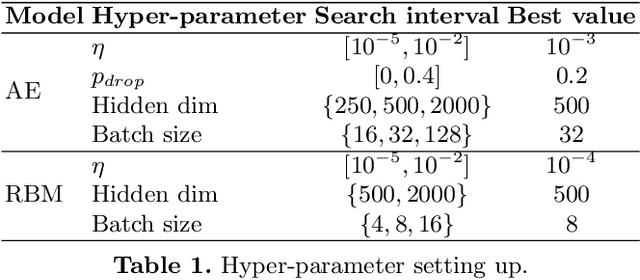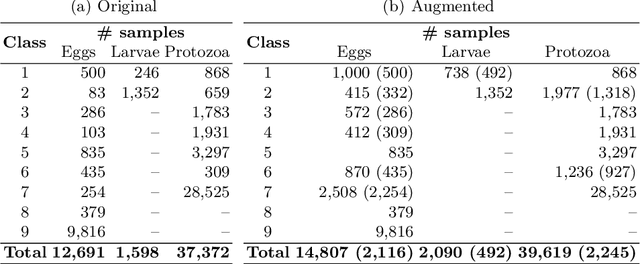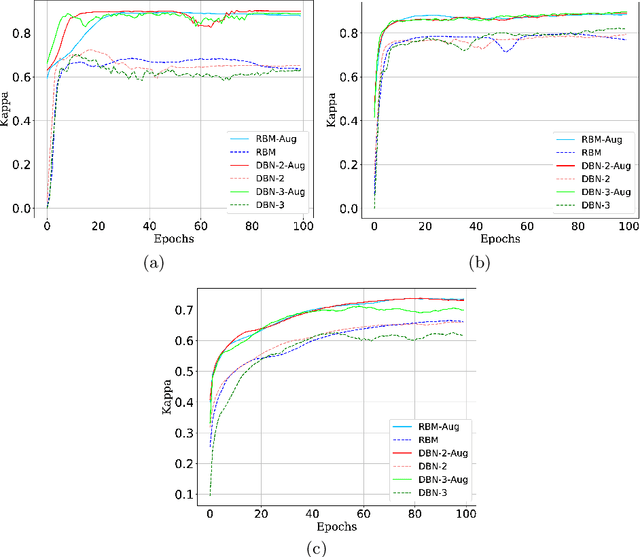Intestinal Parasites Classification Using Deep Belief Networks
Paper and Code
Jan 17, 2021



Currently, approximately $4$ billion people are infected by intestinal parasites worldwide. Diseases caused by such infections constitute a public health problem in most tropical countries, leading to physical and mental disorders, and even death to children and immunodeficient individuals. Although subjected to high error rates, human visual inspection is still in charge of the vast majority of clinical diagnoses. In the past years, some works addressed intelligent computer-aided intestinal parasites classification, but they usually suffer from misclassification due to similarities between parasites and fecal impurities. In this paper, we introduce Deep Belief Networks to the context of automatic intestinal parasites classification. Experiments conducted over three datasets composed of eggs, larvae, and protozoa provided promising results, even considering unbalanced classes and also fecal impurities.
 Add to Chrome
Add to Chrome Add to Firefox
Add to Firefox Add to Edge
Add to Edge